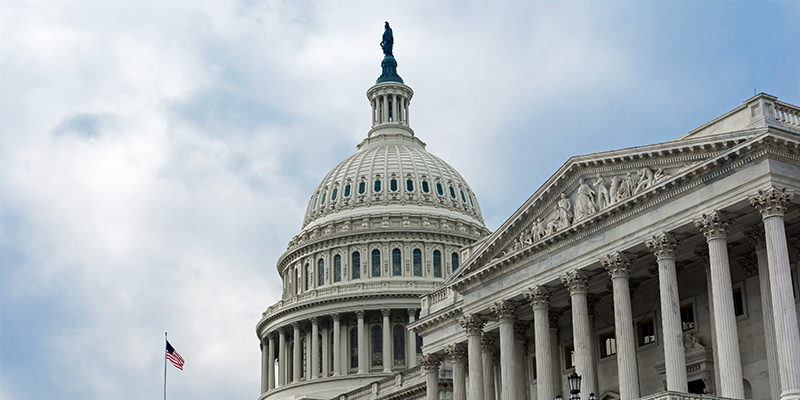There are many ways that developers can work to maximize confidentiality while working within the confines of states’ sunshine laws, though they may not be aware of some of the nuances and key considerations involved.
In a recent NAIOP webinar, Rebecca “Elissa” Wilson, Of Counsel, Vorys; and Scott Ziance, Partner and National Economic Development Incentives Practice Leader, Vorys; shared the most important things to know about these sunshine laws and shared several best practices that can help project teams balance the need for confidentiality with the need to complete CRE development projects.
“Sunshine laws are, broadly speaking, laws designed to create government transparency,” said Wilson. These laws fall into two “buckets” – public records laws, which give the public the ability to access and review government records, and open meetings laws, which require legislative and administrative bodies that make decisions on behalf of the government to make those decisions in open meetings.
“It’s my experience that clients tend to struggle more with public records issues,” said Wilson.
Public records laws generally require every public office to provide copies of public records to any requestor within a reasonable period of time. This can include not only documents created by a public office but also documents sent to a public office – email and text included. “If you are interacting with a public office or agent for a public office, anything you send to that office could become a public record,” Wilson emphasized. If there’s a public official you have a friendly relationship with, assume every text or email exchanged is a part of the public record.
In most states, anyone can request a public record. This includes members of the public, journalists, or even a competitor. The requester’s identity and intended use often need not be disclosed. If the public office does not produce a public record within a reasonable period of time after receiving a public record request, the requestor can file suit, obtain an order compelling production, and in some cases, even receive an award of attorneys’ fees for their trouble.
However, there are some limitations to these requests. A request must be for the public office’s existing records; the request must not be ambiguous or overly broad; and any information exempt from disclosure can be withheld/redacted; among other things.
Is there anything developers and other members of a project team can do to protect confidential information? Absolutely, said Ziance, who shared several best practices:
- Identify early your confidentiality pressure points. “Is it the identity of your tenant, things like your utility usage, or the design of some aspect of the building?”
- Anticipate the information likely to be sought via public records requests based on the circumstances of the transaction. Use that knowledge to carefully plan the types of information disclosed and manner of disclosure.
- Limit the disclosure of documents to a public office to only those documents that are required or otherwise necessary. Don’t volunteer confidential or sensitive information.
- Identify alternatives to disclosing confidential information. Use less-sensitive documents or consider alternative types of information. Consider whether documents need to be marked as confidential or redacted before being provided to a public office.
- Avoid the unnecessary creation of public records. Do not send unnecessary written communication or email to a public office. Use verbal communication with a public office where appropriate and consider allowing the public office to visually inspect records (in lieu of taking possession of them). “This is a really important and practical tip,” said Wilson. “If you want to show a document to a public official, sometimes you can hop on a video call to share your screen and walk through it together. Just ensure that meeting isn’t being recorded.”
The bottom line: Always anticipate the possibility that any document received by a public office may ultimately become a public record subject to disclosure.
To listen to the full webinar, including the live Q&A and a list of Vorys’ top 10 sunshine laws mistakes, visit the archived webinars page.














